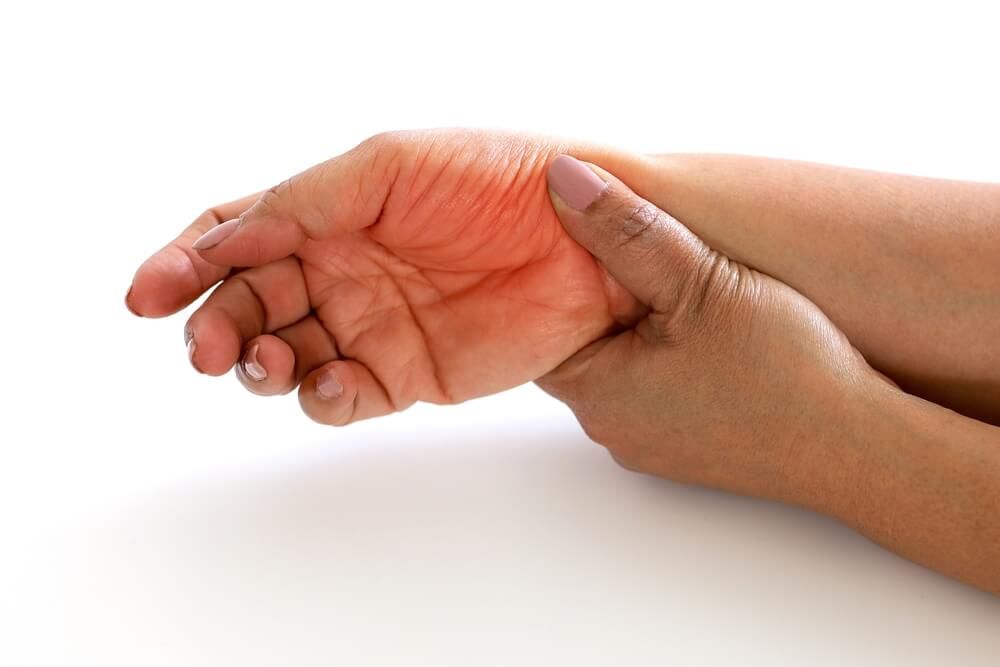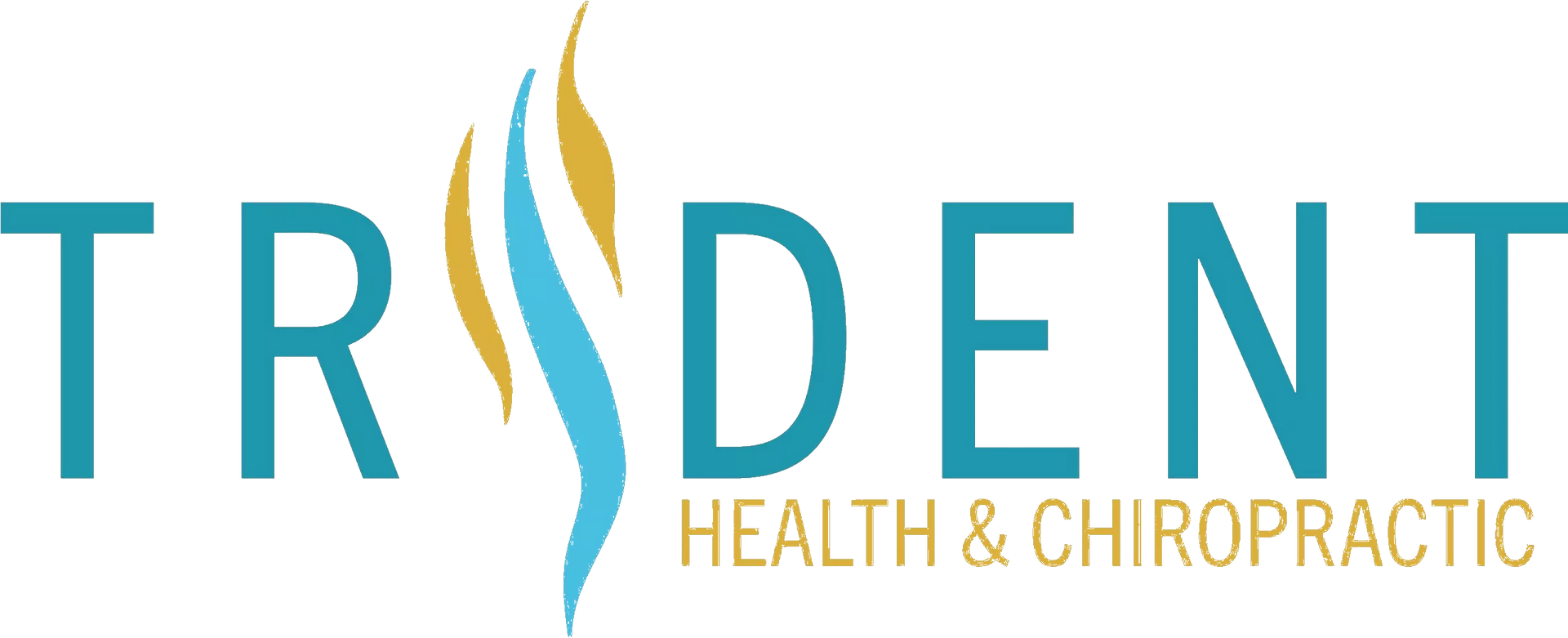Struggling with carpal tunnel syndrome? Consider exploring the benefits of carpal tunnel treatment in Spartanburg, South Carolina. At Trident Health & Chiropractic, our team offers a variety of treatment approaches for carpal tunnel syndrome. Through precise adjustments and manipulative techniques, chiropractors aim to alleviate the pressure exerted on the median nerve. This approach can effectively reduce or even eliminate the symptoms associated with carpal tunnel.
Carpal tunnel arises when the median nerve, stretching from your
neck
down to your hand, is compressed. Symptoms often include discomfort, numbness and a tingling sensation in your arm and hand.
If you're experiencing carpal tunnel symptoms, chiropractic care could be a viable solution. It might provide the relief you need more quickly and effectively.

What is Carpal Tunnel Syndrome?
Carpal tunnel syndrome is a condition that occurs when the median nerve, which runs from the forearm into the palm, becomes pressed or squeezed at the wrist. This nerve is responsible for sensations to the palm side of the thumb and fingers, except the little finger. It also sends impulses to some small muscles in the hand that allow the fingers and thumb to move.
The carpal tunnel itself is a narrow, rigid passageway of ligament and bones at the base of the hand. When this tunnel becomes narrowed or when the tissues surrounding the flexor tendons swell, it can cause the median nerve to be compressed. This leads to carpal tunnel syndrome symptoms such as pain, numbness, tingling, and weakness in the arm, hand and wrist.
Common Causes of Carpal Tunnel Syndrome
Carpal tunnel syndrome arises from a variety of factors that can contribute to increased pressure on the median nerve in the wrist.
Some common causes include:
- Repetitive Hand Movements: Engaging in activities or jobs that require repetitive hand and wrist movements, especially with prolonged gripping, can lead to the development of carpal tunnel syndrome.
- Anatomical Factors: Variations in the structure of the wrist can predispose individuals to carpal tunnel syndrome. For instance, a narrower carpal tunnel can make one more susceptible to nerve compression and developing carpal tunnel syndrome.
- Health Conditions: Certain medical conditions, such as diabetes, rheumatoid arthritis, and thyroid disorders, can increase the risk of developing carpal tunnel syndrome.
- Injury: Wrist injuries like sprains or fractures can alter the space within the carpal tunnel, placing pressure on the median nerve.
- Extended Wrist Positions: Activities or occupations that involve prolonged flexion or extension of the wrist can increase pressure on the nerve.
- Fluid Retention: Fluid retention, which can occur during pregnancy or menopause, might increase the pressure within the carpal tunnel, affecting the median nerve.
- Use of Vibrating Tools: Regular use of vibrating hand tools such as handsaws and drills can contribute to nerve damage or exacerbate existing nerve issues.
- Age and Gender: Carpal tunnel syndrome is more common in adults, particularly women, possibly due to the smaller size of the carpal tunnel in women compared to men.
- Rheumatoid Arthritis: The development of rheumatoid arthritis can place pressure on the transverse carpal ligament.
Understanding and addressing these risk factors can be crucial in preventing or alleviating the symptoms of carpal tunnel syndrome.
Symptoms of Carpal Tunnel Syndrome
Carpal tunnel syndrome symptoms typically include:
- Numbness or tingling in the thumb, index, middle, and ring fingers.
- Pain in the wrist or hand, often extending to the forearm.
- Weakness in the hand, affecting grip strength.
- Occasional shock-like sensations in the fingers.
- Increased symptoms at night.
Carpal Tunnel Treatment in Spartanburg
Common carpal tunnel treatment in Spartanburg, South Carolina at Trident Health & Chiropractic may include:
Below are common ways to treat carpal tunnel syndrome.
- Softwave: SoftWave utilizes therapeutic energy waves to stimulate the body's natural healing process.
- Kinesiology Taping: Our certified chiropractors are skilled in the art and science of kinesiology taping. We assess your individual needs and apply the tape in patterns that are most beneficial for your condition, ensuring optimal support and healing.
- Nonsteroidal Anti-Inflammatory Drugs (NSAIDs): Medications like ibuprofen can help relieve pain and inflammation.
- Activity Changes: Modifying or limiting activities that exacerbate symptoms and taking frequent breaks can be beneficial.
- Ergonomic Adjustments: Using ergonomic tools, adjusting workstations, and practicing correct posture and wrist position can help in the management of carpal tunnel syndrome.
- Nerve Gliding Exercises: Specific exercises can help the median nerve move more freely within the confines of the carpal tunnel.
- Occupational Therapy: These therapies may include exercises, ultrasound therapy, and other modalities to reduce symptoms.
Treatments for carpal tunnel syndrome can vary. Our
healthcare team will meet with you to discuss your risk factors and options.
Book your appointment today.
If you are seeking carpal tunnel syndrome treatment in Spartanburg, we encourage you to contact Trident Health & Chiropractic to discuss your options with your healthcare team.





